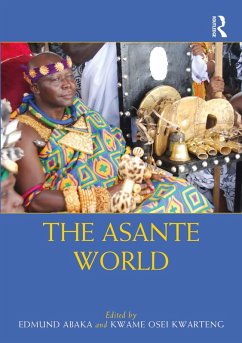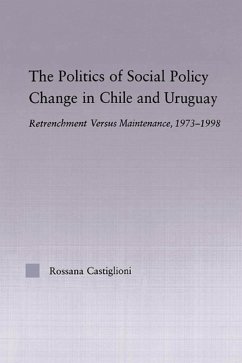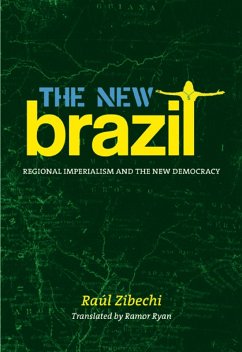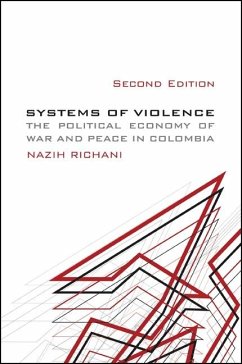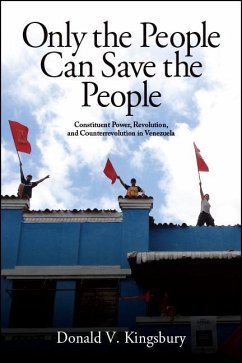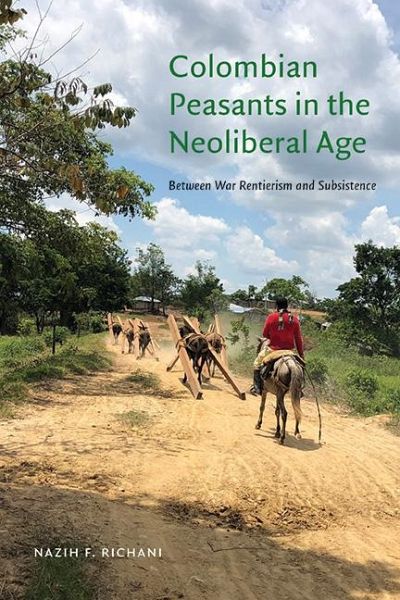
Colombian Peasants in the Neoliberal Age (eBook, ePUB)
Between War Rentierism and Subsistence
Versandkostenfrei!
Sofort per Download lieferbar
27,95 €
inkl. MwSt.
Weitere Ausgaben:

PAYBACK Punkte
14 °P sammeln!
Presents a timely discussion of the core problems faced by peasant communities under neo-liberal economics.Presenting the historical, socioeconomic, political, and security conditions experienced by three peasant communities, Colombian Peasants in the Neoliberal Age provides readers with the most up-to-date and comprehensive assessment of Colombia's peasants currently available. Nazih F. Richani examines their adaptive strategies and resistance to subsumption processes and the prospects for the sustainability of their modes of production, culture, and livelihood. In addition, he explores each ...
Presents a timely discussion of the core problems faced by peasant communities under neo-liberal economics.
Presenting the historical, socioeconomic, political, and security conditions experienced by three peasant communities, Colombian Peasants in the Neoliberal Age provides readers with the most up-to-date and comprehensive assessment of Colombia's peasants currently available. Nazih F. Richani examines their adaptive strategies and resistance to subsumption processes and the prospects for the sustainability of their modes of production, culture, and livelihood. In addition, he explores each communities' level of agency that has allowed them to respond to the encroachments of rentier economy by devising adaptive strategies and building collaborative networks, forging new partners at the national, regional, and global levels. These findings are timely given the historic change in Colombia's leadership as represented by President Gustavo Petro, a former rebel and a leftist leader, and his vice president Francia Elena Marquez, an Afro-Colombian woman activist. The Petro administration offers an exceptional opportunity for radical policy change toward national development, particularly towards peasants and agrarian issues. The research undertaken in this book holds the potential to enrich political discussions and inform new policies.
Presenting the historical, socioeconomic, political, and security conditions experienced by three peasant communities, Colombian Peasants in the Neoliberal Age provides readers with the most up-to-date and comprehensive assessment of Colombia's peasants currently available. Nazih F. Richani examines their adaptive strategies and resistance to subsumption processes and the prospects for the sustainability of their modes of production, culture, and livelihood. In addition, he explores each communities' level of agency that has allowed them to respond to the encroachments of rentier economy by devising adaptive strategies and building collaborative networks, forging new partners at the national, regional, and global levels. These findings are timely given the historic change in Colombia's leadership as represented by President Gustavo Petro, a former rebel and a leftist leader, and his vice president Francia Elena Marquez, an Afro-Colombian woman activist. The Petro administration offers an exceptional opportunity for radical policy change toward national development, particularly towards peasants and agrarian issues. The research undertaken in this book holds the potential to enrich political discussions and inform new policies.
Dieser Download kann aus rechtlichen Gründen nur mit Rechnungsadresse in A, D ausgeliefert werden.




